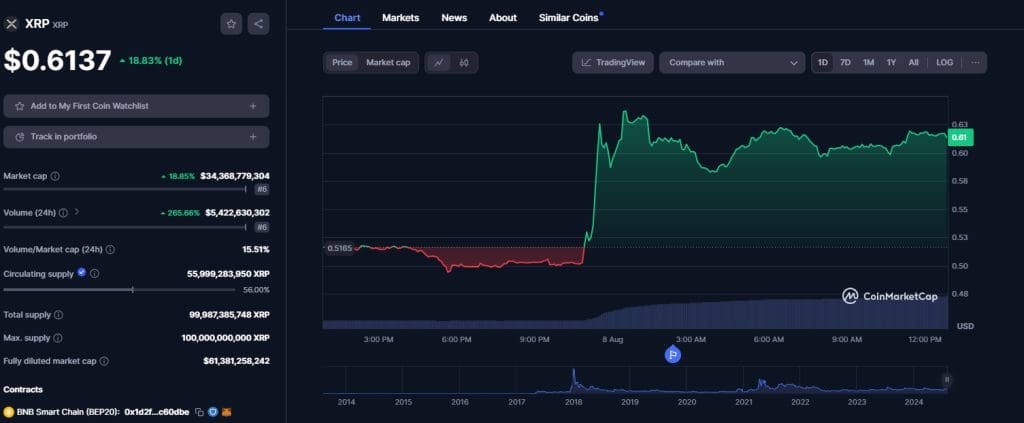UK creators slam AI firms like OpenAI and Meta for causing ‘great harm’
The Creators’ Rights Alliance (CRA), which represents 500,000 creators in the U.K., said Wednesday that its members signed an open letter calling on AI developers like Google, Meta and OpenAI to stop using their work without permission.
The letter accused developers using copyright-protected work to train their generative AI models of causing “great harm” to the creative and financial investment made by authors, performers, and visual creators. The CRA said its members “do not accept” that any AI platform has the right to use their work without specific licensing agreements.
UK creators demand compensation from developers
“Creators are innovators. They are keen to use AI tools but need trusted systems that do not have the potential to infringe the rights of human creations, or their styles and personalities,” said CRA chairperson Nicola Solomon, as reported by Variety.
“Creators need to be consulted, give consent and be remunerated when their work is used to develop artificial intelligence models. If we work together, we can create high-quality robust systems that enhance the work of human creators and reward their creativity,” she added.
The CRA is an advocacy group that represents hundreds of thousands of creatives in the U.K. – from authors, artists, photographers and illustrators to translators, performers, musicians, and journalists.
In its letter, the alliance asks for compensation for creators whose work has been used by developers and tech companies to train and operate a range of AI models, particularly generative ones like ChatGPT or Gemini. The use of copyrighted work without consent is against U.K. law.
The CRA also wants creators to have the option of having their work, and derivations of those works removed if they so desire, and to receive full credit where consent has been given. It listed several key demands for AI developers, including transparency about the data used to train models, getting prior consent from creators, and attribution for all past and future uses.
The letter was signed by member organizations of the CRA including the Society of Authors, the Authors Licensing and Collecting Society Equity, the Writers Guild of Great Britain, the Musicians’ Union and the National Union of Journalists amongst others.
AI disrupts creative industries
The use of AI in the creative sector has become a hot-button issue. In October 2023, major music publishers – Universal Music Publishing Group, Concord Music Group and ABKCO — sued AI company Anthropic, creator of Claude AI assistant, over alleged copyright infringement.
Several authors also filed a lawsuit against OpenAI’s ChatGPT, which is trained using billions of datasets from the internet, over copyright. Last year, Hollywood actors and writers went on a five-month strike to demand AI is not used to replace their jobs.
In February, Tyler Perry stopped the $800 million expansion of his studio in Atlanta over concerns about OpenAI’s new AI model Sora, which creates ‘realistic’ videos from text prompts.
The filmmaker said he was “very, very concerned” that Sora could lead to the loss of “a lot of jobs” in the movie industry. He believes “actors, editors, sound specialists and transporters” could lose their jobs.
In the U.K., a survey by the Writers Guild of Great Britain reportedly found that 65% of respondents believe artificial intelligence will limit their earnings and 61% fear the technology will render them jobless.





